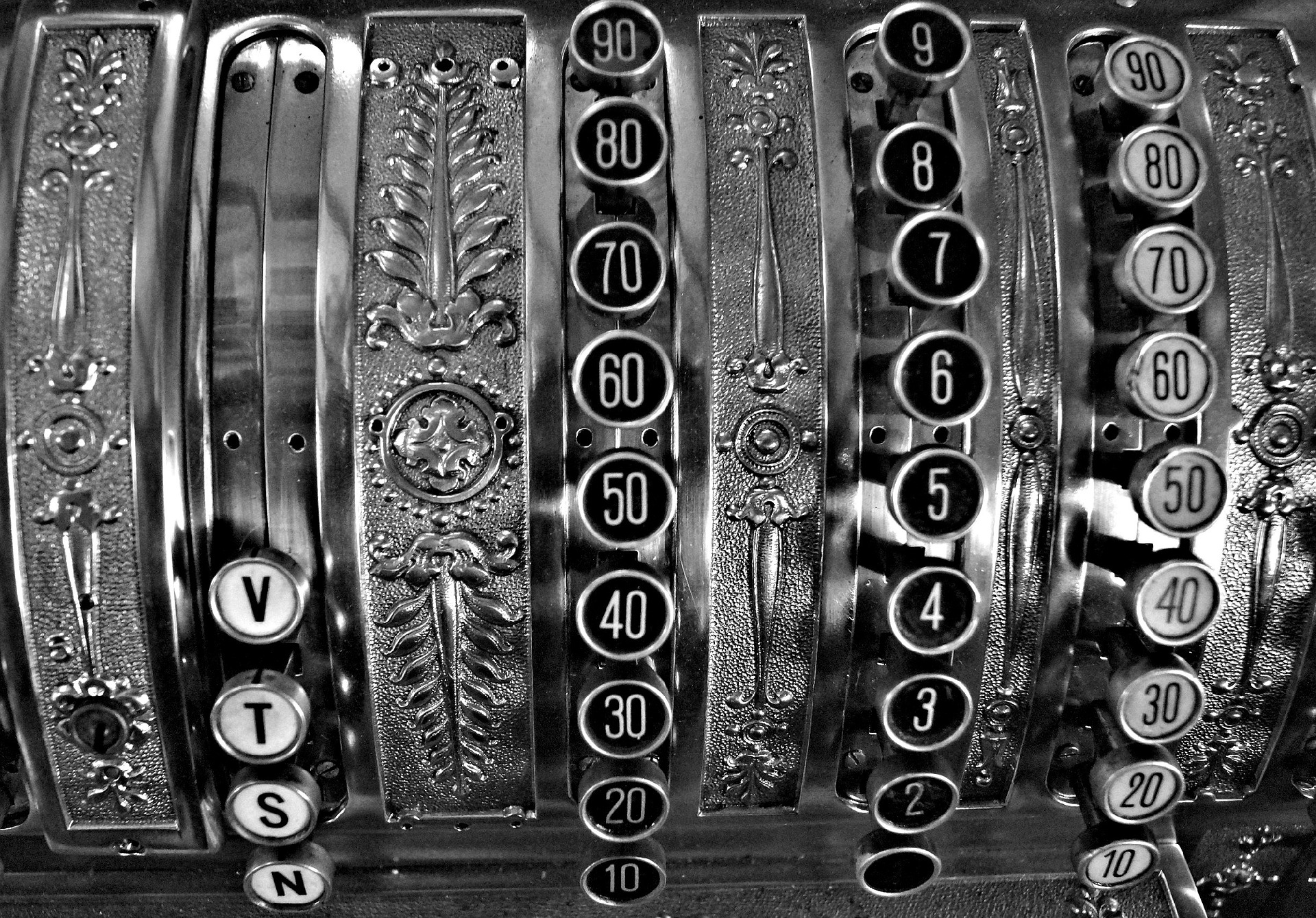For several years, we have witnessed a gradual replacement of “old type” cash registers with cash registers with (at least) electronic copies, and ultimately with online cash registers. What is this gradual transformation “on” today?
The original plans of the Ministry of Finance were daring – it was said that online cash registers would apply from January 2018. However, these Ministry plans were swiftly phased out, and it opted for the gradual implementation of online cash registers by industry.
And so, from January 2020, online cash registers were obligatory for car workshops, a year later they were joined by hotels and gastronomy, and from July 2021, hairdressers, beauticians, doctors, builders, gyms and lawyers.
The legislator did not introduce such a “hard” obligation for other industries to change the existing cash registers to those of the online type. It regulated, however, that confirmations of the fulfillment of the functions, criteria and technical conditions for cash registers:
- with a hard copy – are issued until August 31, 2019;
- with electronic record of copies – are issued until December 31, 2022.
Thus, non-online cash registers began to fall out of use naturally. However, the amendment to the VAT Act is currently at the stage of proceedings, which shows that by the end of 2023 the possibility of buying old-type cash registers with electronic copies will be extended by a specific industry, i.e. taxi drivers, entrepreneurs providing transport services and pharmacies.
For other entrepreneurs of the above-mentioned the provision will remain unchanged, i.e. they will not be able to buy electronic cash registers after December 31, 2022, even though they can still be used – of course, those that were purchased by the end of 2022.
The above means that if taxpayers want to use electronic fiscal cash registers as long as possible, they should obtain them by the end of this year. (unless they are in one of the above-mentioned industries – then the possibility of purchasing them will be until the end of 2023). As a rule, from 2023, most taxpayers, when the approval of their cash registers expires, will have to obtain new devices – online cash registers.
By the way, in the rather curiosity category, virtual cash registers can be indicated. According to the information on the Ministry’s website, they are an alternative to the cash registers used so far by taxpayers.
The possibility of using virtual cash registers in Poland results from Art. 111b of the VAT Act and the following regulations:
- Decree of the Minister of Finance of May 29, 2020 on groups of taxpayers or types of activities in relation to which it is possible to use cash registers in the form of software;
- Decree of the Minister of Finance of May 26, 2020 on cash registers in the form of software.
It follows from the above regulations that at the moment the following groups of taxpayers may use virtual cash registers:
- passenger car transport services, including taxi, with the exception of occasional transport,
- passenger car rental services with a driver,
- removal services provided to households,
- some passenger transport services,
- some hotel and accommodation services,
- restaurant and other catering services, food preparation and delivery (catering) for external recipients and other catering services, as well as drinks preparation and serving services,
- sale of coal, briquette and similar solid fuels made of coal, lignite, coke and semi-coke intended for heating purposes.
Thus, at present, virtual cash registers are intended for specific groups of taxpayers and are an alternative to standard cash registers. Nevertheless, in the future, they may be a cheaper and more convenient option than standard devices for many branches of business.



